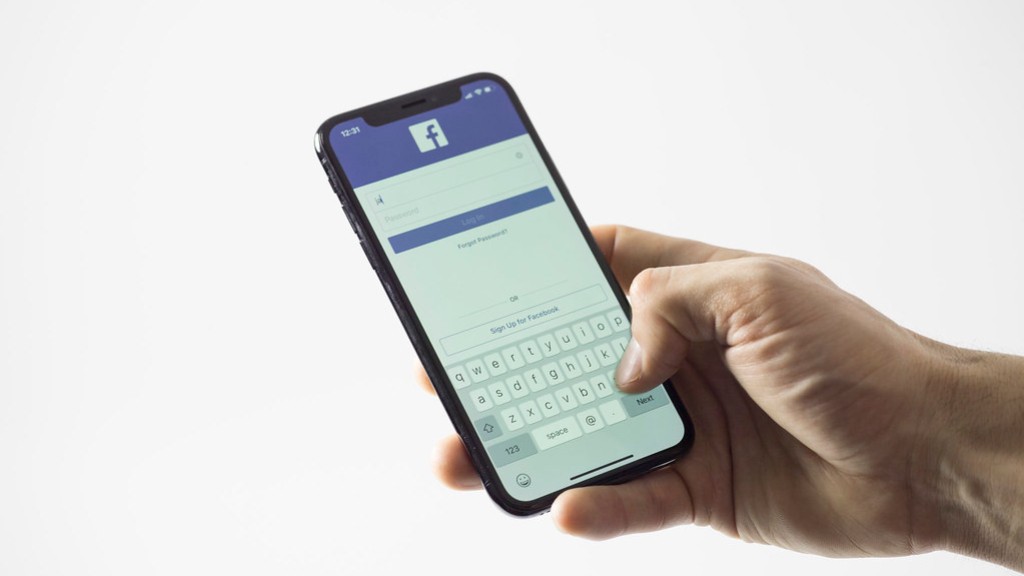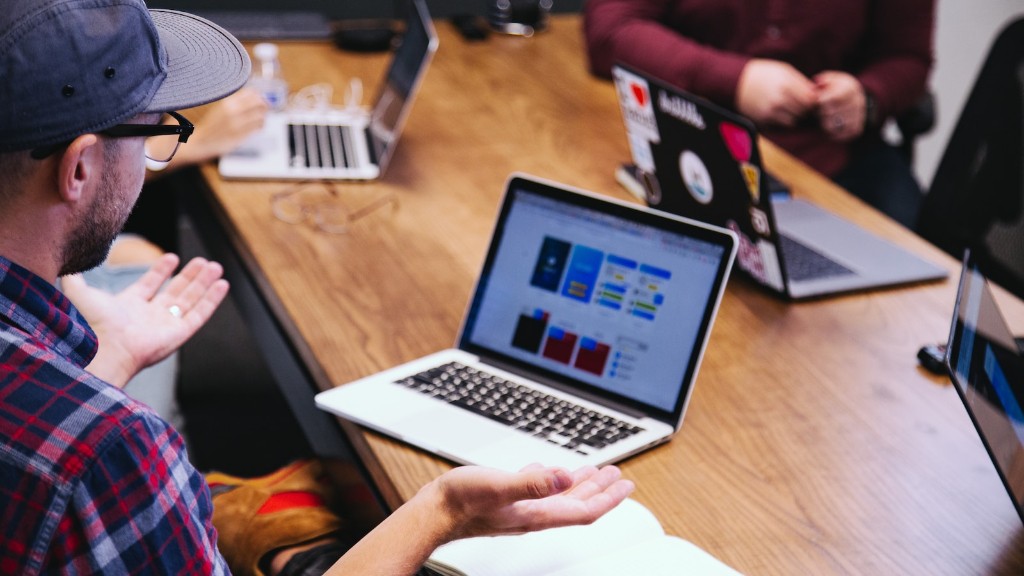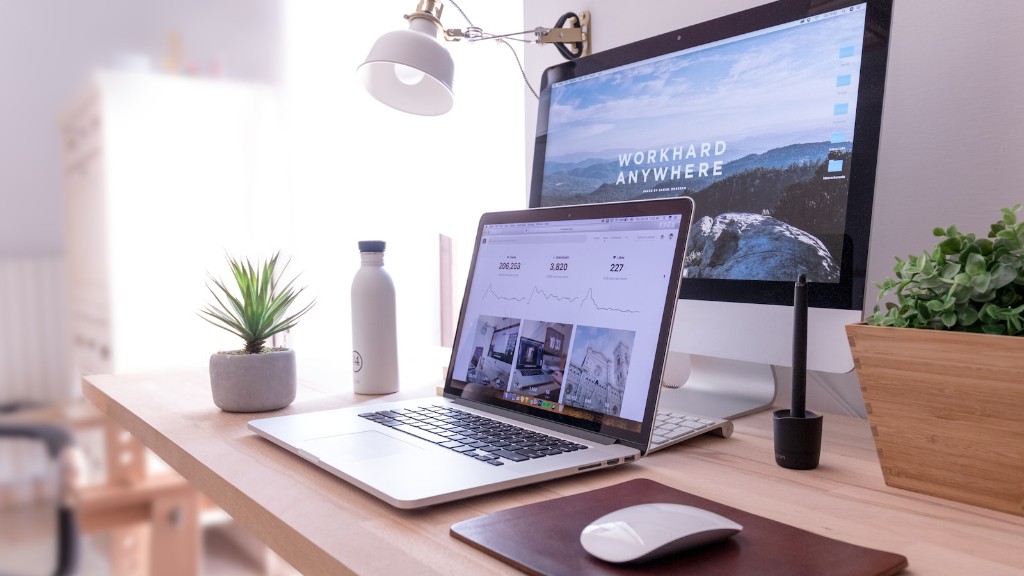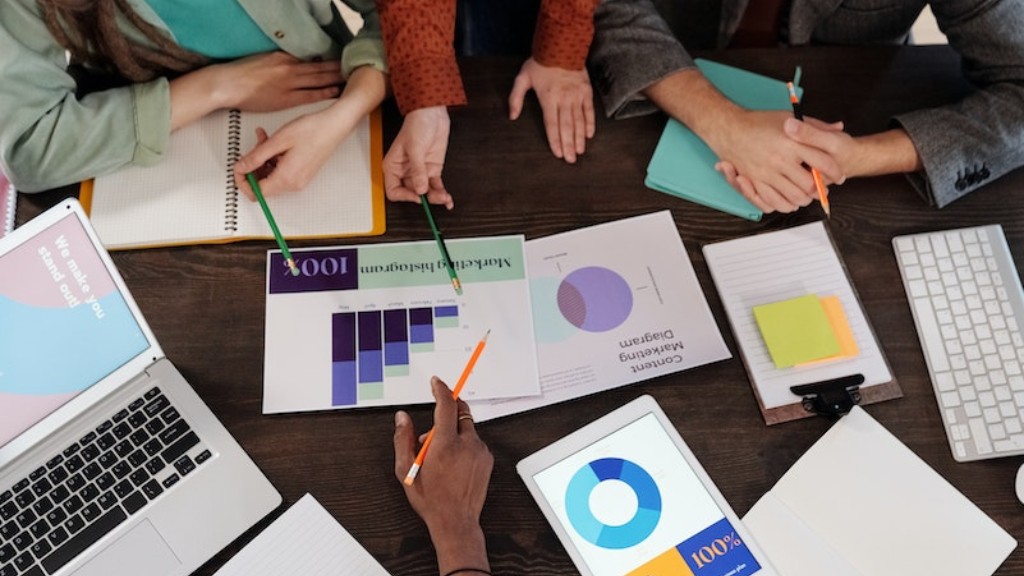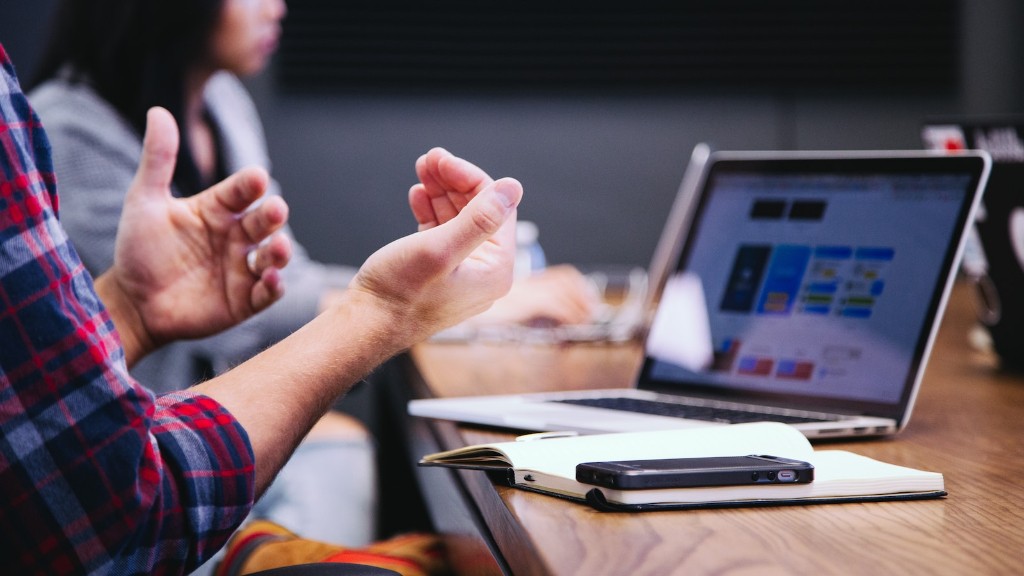There are many different types of conversion events that can be tracked for Facebook marketing. These events can be customized and track specific actions that people take on your website or app. By tracking conversion events, you can better understand how well your ads are performing and how they are influencing people’s behavior.
There is no one-size-fits-all answer to this question, as the best conversion event for your Facebook marketing will vary depending on your business goals. However, some potential conversion events that you could track for your Facebook marketing campaigns include website visits, leads generated, sales made, or even email sign-ups. By tracking the conversion events that are most important to your business, you can more effectively measure the success of your Facebook marketing and optimize your campaigns for better results.
What should be the conversion event?
A conversion event is an interaction that may span across different channels that characterize the visitor’s experience on your website. This experience has multiple layers, shapes, and forms – what type of content the visitor sees, clicks on, downloads, searches for, and so on. All of these interactions can be considered conversion events, and they all contribute to the overall goal of converting a visitor into a customer or client.
You can create new conversion events in order to track and measure specific actions that you want to classify as conversions. To do so, simply click on the “Conversions” tab and then click on the “New conversion event” button. Enter the name of the event you want to identify as a conversion and click on the “Save” button.
What is Facebook conversion events
Facebook conversion events are used to track what actions users take on a website. This information is then shared with Facebook in order to help improve advertising campaigns. Integration methods such as Facebook pixels and conversion APIs make it possible for this data to be collected and used.
This is a good rule of thumb to follow when thinking about whether to use standard or custom events. If a page always signals the same event, then standard events are probably the way to go. However, if a page signals a different event depending on how your user got there, then custom events are probably a better option.
What is an example of conversion events?
Conversion events are extremely important for businesses because they indicate whether or not customers are actually interested in what the business has to offer. By understanding which events are most important to customers, businesses can focus their efforts on optimizing those events to increase conversions and sales.
1. Direct Conversion: This type of conversion involves directly converting one form of energy into another. For example, converting electrical energy into heat energy.
2. Parallel Conversion: This type of conversion involves converting one form of energy into two or more forms of energy simultaneously. For example, converting electrical energy into both heat and light energy.
3. Modular Conversion: This type of conversion involves converting one form of energy into another form of energy using a modular system. For example, converting electrical energy into heat energy using a heat pump.
4. Phase-In Conversion: This type of conversion involves gradually converting one form of energy into another form of energy over time. For example, gradually converting electrical energy into heat energy over the course of an hour.
What is the best conversion strategy?
Building a lead conversion process is essential for any business that wants to generate more leads and sales. By preparing quality content, building an SEO strategy, creating an appealing landing page, using social media channels, and doing email marketing in your relevant niche, you can capture more leads and convert them into customers. Additionally, segmenting your leads and using lead scoring can help you further qualify and nurture your leads, making them more likely to convert.
There are three possible types of conversion: standard conversion, no conversion, and user-defined nonstandard conversion.
Standard conversion is defined in the C++ standard and performs type conversion automatically. For example, an int can be converted to a float.
No conversion is when no type conversion is performed. This can happen when the types are the same or when the conversion would not result in a different type.
User-defined nonstandard conversion is when the programmer explicitly defines how the conversion should happen. This is typically done when the standard conversion is not desired or when the conversion is not possible with the standard conversion rules.
How do I select a conversion event on Facebook ads
To create an advertisement on Facebook, you will need to click on the “Adverts” tab in the drop-down menu. From there, you will be able to select “Create Adverts” and follow the instructions.
There are a few key differences between custom conversions and standard events that are worth considering when setting up your tracking.
Custom conversions can be set up quickly and easily, while standard events may require a bit more setup time. However, standard events can be used to optimize campaigns, build audiences and track conversion actions on your website.
Custom conversions can be used to track specific actions that are important to your business, while standard events can be used to track more general activity on your website.
In terms of data collection, custom conversions and standard events can both be used to collect valuable data. However, custom conversions may provide more granular data that can be used to fine-tune your marketing efforts.
Which custom audience is better?
The best remarketing audience for small advertisers is the Custom Audience of past 30-days website visitors. This is because if you don’t get a high traffic volume to your website, it is best not to segment your targeting too much.
1. Define your conversion event – what do you want people to do when they see your ad? Make sure this is clear in your ad copy and design.
2. Keep destination front of mind – people should be able to tell where they will be taken if they click on your ad. Make sure your visuals and copy reflect this.
3. Create eye-catching visuals – use images or video that will grab people’s attention and make them want to learn more about your offer.
4. Keep copy short and sweet – people will only read a few sentences of your ad, so make sure your message is clear and concise.
5. Include a direct call-to-action – tell people what you want them to do, such as “learn more” or “sign up now.”
6. Broaden your audience – don’t just target people who have already visited your website or product page. Expand your reach to new potential customers.
7. Optimize for conversions – use Facebook’s conversion tracking tool to see how people are responding to your ad and make changes accordingly.
8. Choose the right ad format – there are many different ad formats
Should I use standard or custom event on Facebook
Custom events are easier and quicker to setup as compared to standard events. You don’t need to touch any code lines. Meanwhile, standard events are actions Facebook recognizes and supports across ad products. By adding the pixel code to your website, you can use standard events to track your ads.
Standard events are predefined events that can be used for conversion tracking and optimization, as well as for building audiences.
What is the difference between custom events and custom conversions on Facebook?
Custom events are a great way to track non-standard actions on your website. You can create custom events to track anything you want, and custom conversions can be used if you can’t add standard events to your website.
A conversion factor is a number or ratio that is used to convert one unit of measurement to another. Conversion factors are often used when performing calculations or converting between different units of measure.
Some examples of conversion factors include:
1 gallon = 3.7854 liters (volume)
1 pound = 16 ounces (mass)
1 kilogram = 1,000 grams (mass)
1 pound = 453.592 grams (mass)
1 minute = 60,000 milliseconds (time)
1 square mile = 258.999 square kilometers (area)
What are the most frequently used conversions
There are a lot of different conversions that are used frequently. Here are ten of the most commonly used conversions:
1 L = 1,000 mL
1 g = 1,000 mg
1 mg = 1,000 mcg
1 gr = 60 mg
1 oz = 30 g or 30 mL
1 tsp = 5 mL
1 lb = 454 g
1 tbsp = 15 mL
There are many conversions that happen between the time someone first sees your email and when they make a purchase. Getting someone to open your email is the first conversion. Having them click on the call-to-action link inside the email is another conversion. Going to the landing page and filling out a registration form to read your content is a conversion. And, of course, buying your product is the ultimate conversion. Each of these conversions is important in its own way and helps to move the customer along the path to purchase.
Conclusion
The conversion event for Facebook marketing is when someone completes an action after viewing your ad. This could be anything from making a purchase to signing up for a newsletter.
The most important conversion event for Facebook marketing is when a user takes an action that you have defined as valuable to your business. This could be anything from making a purchase to subscribing to a newsletter. Once you have defined what actions are valuable to your business, you can create ads and content that are designed to encourage users to take those actions. By tracking conversion events, you can see which of your marketing efforts are most successful in driving valuable actions.
